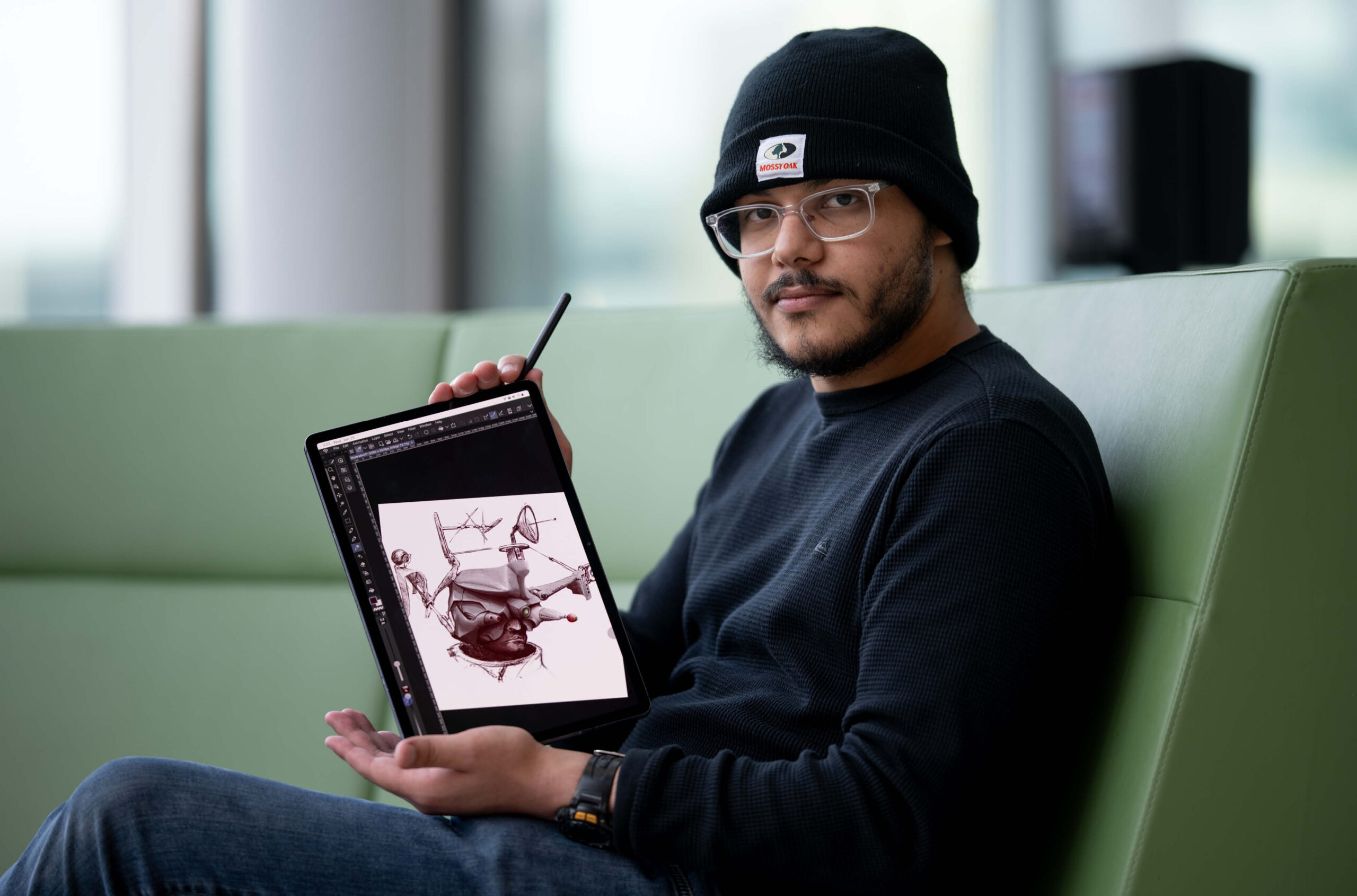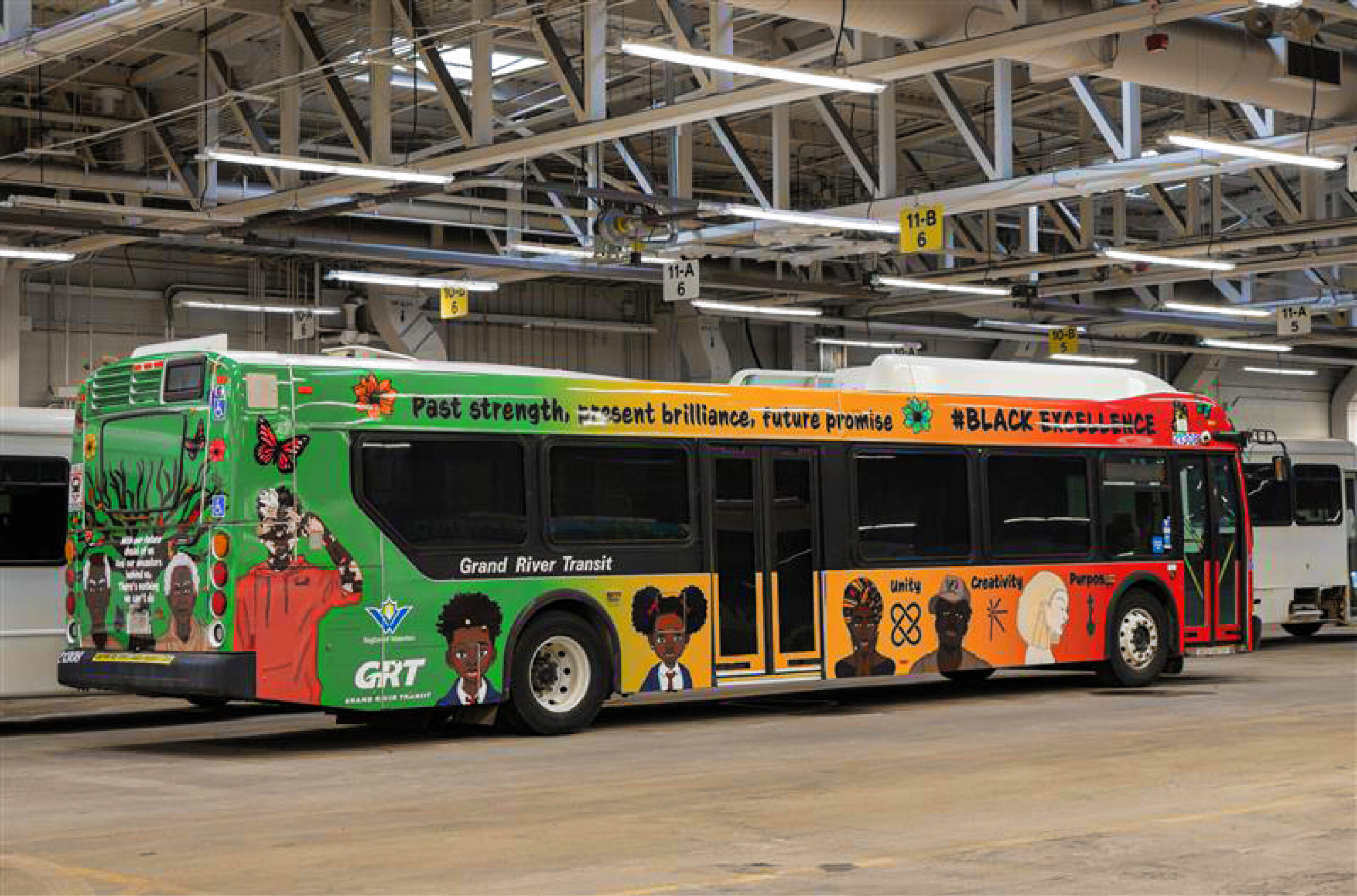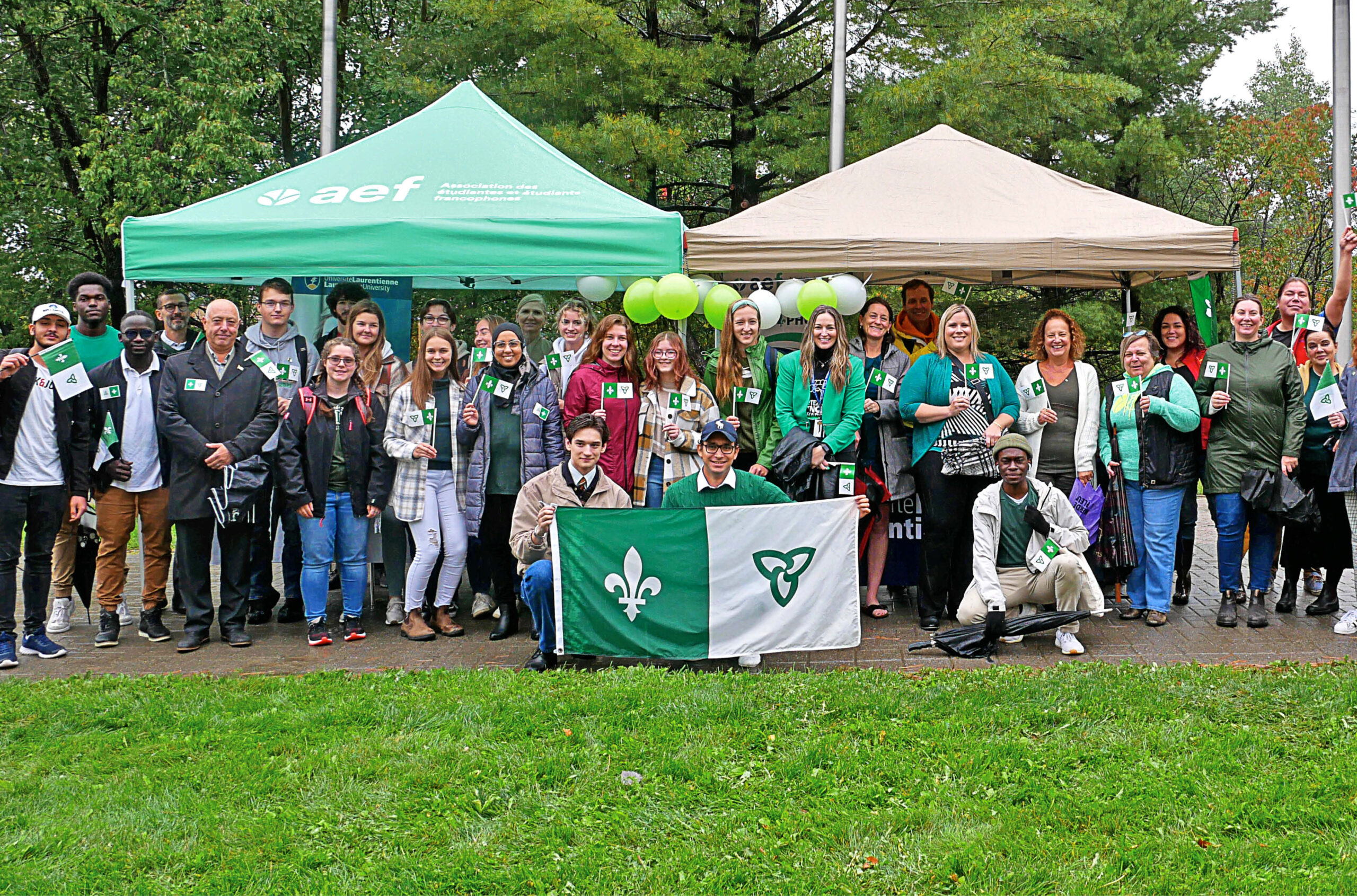Pocket public library branch opens at UBCO
Public and university libraries are partnering up across Canada to make the most of shrinking collections budgets and limited study space.

The University of British Columbia’s Okanagan campus is home to the newest Okanagan Regional Library location. The pocket public library – “about the size of an executive corner office,” estimates UBCO chief librarian Heather Berringer – opened in November, complete with a small collection of books, a computer terminal for ORL catalogue searches, a self-checkout kiosk, and shelving where patrons can pick up and drop off requested items. ORL staff come to campus once a week to refresh the collection, deliver holds, check in returned items, issue public library cards and help clients access ORL’s online resources.
The pocket library closes the loop on a reciprocal agreement between the two library systems that started with the 2015 opening of UBCO’s Innovation Library, a staffed branch within ORL headquarters in downtown Kelowna. “We have a lot of students on experiential learning assignments, on co-op, we have students who work downtown, and it gives them a place to access the resources and to get help from a librarian,” Ms. Berringer says. She notes that it’s also been well used by locals interested in genealogy, historical research, market research, and by staff from nearby government offices and agencies.

The move downtown also came out of necessity. “At the time, we were so crunched for space. We were in a building that was built for 3,000 students and we were at over 8,500,” Ms. Berringer says. Students looking for a seat and study space were encouraged to head to the newly renovated public library where “they had all this beautiful new seating, and here we were with students sitting on the floor.”
While UBCO was extending its reach into the downtown core, ORL was looking at how it could branch further out of it. Monica Gaucher, ORL’s director of public services for partnerships and programs, says the partnership with UBCO inspired the public library system to look more closely at the community around campus. “There’s something like 10,000 people living and working there,” she says. “Holy smokes, that’s bigger than some of the towns we have full library branches in.” (The ORL system serves about 370,000 people spread across a region a little smaller than Ireland.)
Under the reciprocal agreement, each system is offered dedicated space in the other to operate a small outpost with no leasing or rental costs. UBCO and ORL entered into the partnership to leverage each other’s strengths and avoid duplicating resources in a time of shrinking budgets.
“Quite honestly, we were spending our collection dollars on [a popular reading collection] because students indicated an interest in – and a need for – some leisure reading,” Ms. Berringer says. By teaming up with ORL, university librarians can now point clients to a wider selection of reading material as well as to ORL’s digital collection, which includes streaming video and music services, online learning platforms, and databases of newspapers and magazines from around the world.
When it came time to developing the inaugural “browsing collection” of books at UBCO, the public library focused on “What would students read?” says Ms. Gaucher. They landed on self-help titles, books about studying and study habits, and cookbooks. The first book to be put on hold at the new location was a cocktail manual, “something along the lines of ‘How to Drink Like A Pro,’” Ms. Gaucher says. “That’s just too perfect!”
Ms. Berringer notes that the B.C. institutions drew some inspiration for their arrangement from existing partnership models between Wilfrid Laurier University’s Brantford campus and the Brantford Public Library as well as at the University of Alberta and the Edmonton Public Library. Ms. Gaucher adds that both B.C. systems intend to extend the “passion project” further with shared programming and co-hosted events. “The potential is there to do so much more. It’s a humble beginning that I think will lead to greater things.”
Featured Jobs
- Veterinary Medicine - Faculty Position (Large Animal Internal Medicine) University of Saskatchewan
- Psychology - Assistant Professor (Speech-Language Pathology)University of Victoria
- Canada Excellence Research Chair in Computational Social Science, AI, and Democracy (Associate or Full Professor)McGill University
- Education - (2) Assistant or Associate Professors, Teaching Scholars (Educational Leadership)Western University
- Business – Lecturer or Assistant Professor, 2-year term (Strategic Management) McMaster University
















Post a comment
University Affairs moderates all comments according to the following guidelines. If approved, comments generally appear within one business day. We may republish particularly insightful remarks in our print edition or elsewhere.